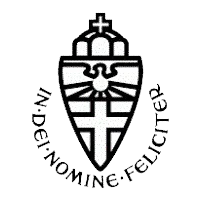Explore the credit course catalogue
5 Results

Our MATLAB-based comprehensive course is designed to equip you with the essential knowledge and practical skills to delve into biomedical image processing, specifically tailored for biological/medical and neuroimaging applications using MATLAB.

The course consists of theoretical sessions and practical work related to decision-making, memory formation and emotion. It will also include the neuroanatomy related to these functions using both MRI and human brains. The participants will be actively involved in group work dealing with practical and theoretical aspects of cognitive neuroanatomy.
This course is given in collaboration with the Master's Programme in Biomedicine.

The purpose of the course is to give doctoral students a broad knowledge of Alzheimer's disease, covering cellular
mechanisms as well as clinical features and diagnosis. Experts in the field are invited to give the lectures securing
communication of up-to-date knowledge about the disease. Students will also get the opportunity to obtain deeper
knowledge on specific sub-topics during the planned group assignments. The second part will provide pratical
knowledge about brain development, brain anatomy and connectivty and AD and dementia neuropathologies.

Neuroscience techniques are undergoing a rapid development. These developments open up new possibilities for investigating the brain as a network at various levels. We will introduce a range of advanced techniques which currently are being applied in neuroscience in particular to study brain networks. We aim at covering both the basics of the techniques and how they are applied to address specific research questions.

This course will provide up-to-date insights into the neurobiological basis of language. The course will be given by internationally leading researchers in the field. Students will learn how state-of-the-art methods and approaches are currently being applied, and what are the next big questions for the field.


